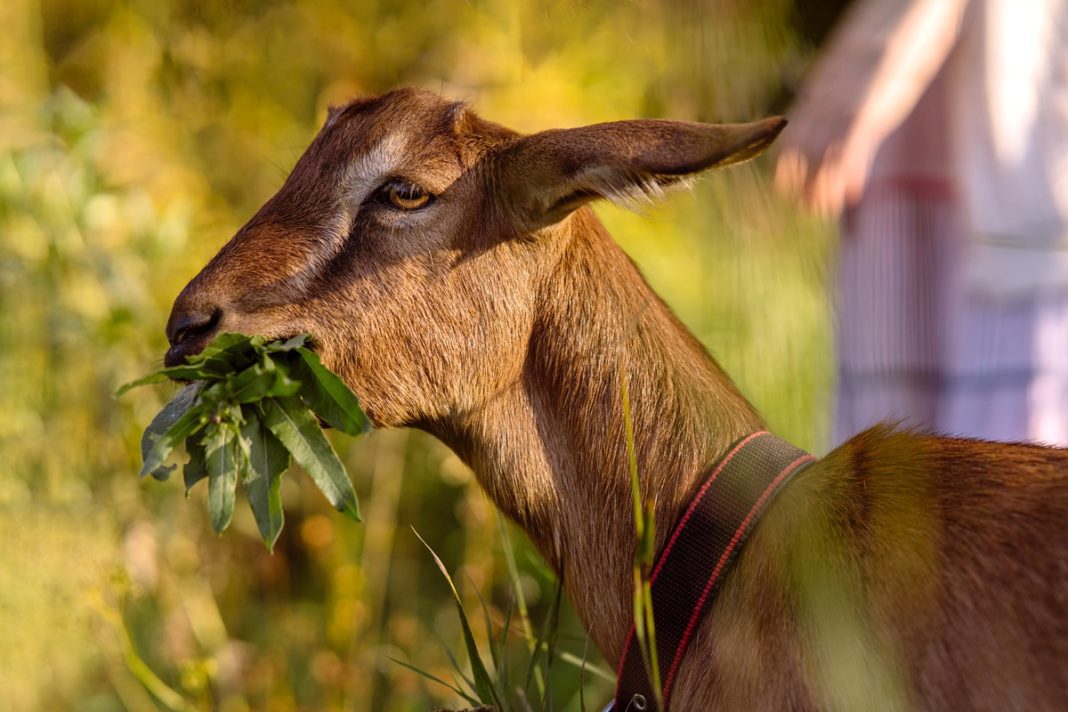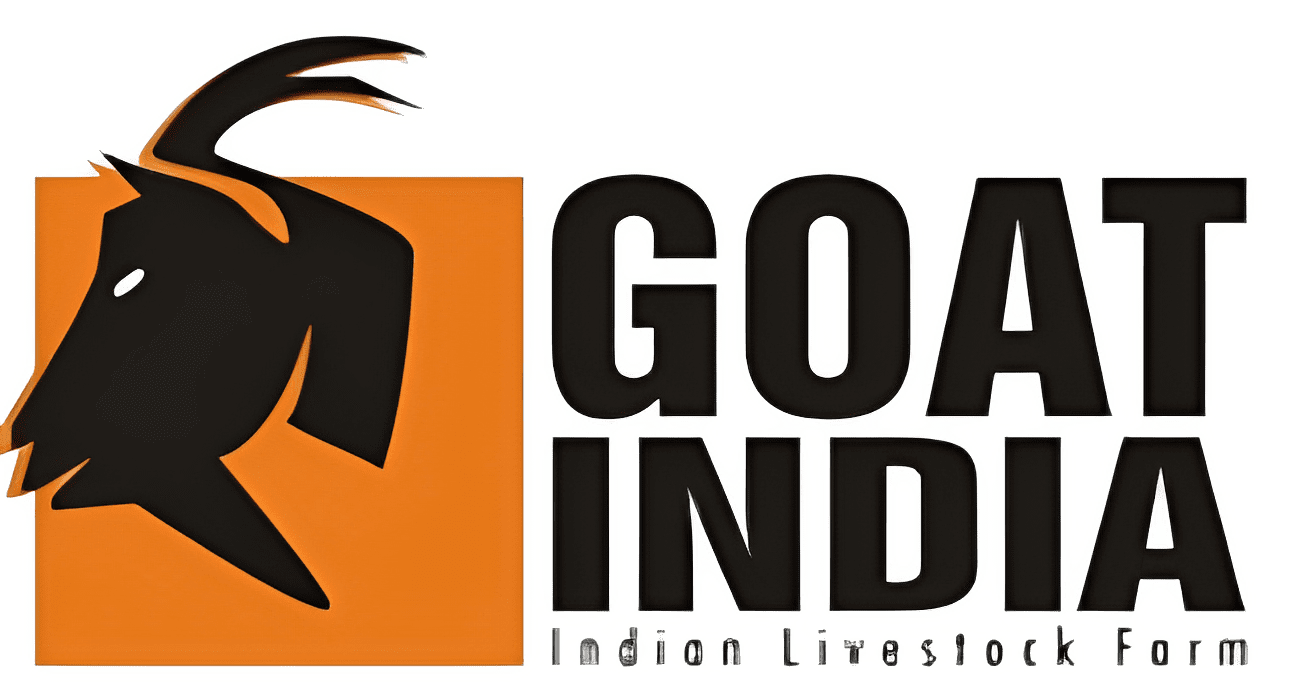
Nubian Goat
Complete farming guide for the Anglo-Nubian breed – the premium dairy goat with highest butterfat content. Expert insights on breeding, feeding, housing, and milk production management for optimal performance.
Nubian Goat Key Statistics
Essential performance metrics for the premium dairy breed
Complete Nubian Goat Knowledge Hub
Comprehensive farming guide for premium dairy goat production
Developed by crossing Old English Milch goats with Zariby and Nubian breeds from India, Russia, and Egypt. This international heritage spread from England to the rest of the world, known as simply “Nubians” in America.
Ancestry traces back over 11,000 years to the wild bezoar ibex. Neolithic farmers in western Asia domesticated these animals, gradually developing into one of the oldest goat breeds through selective breeding.
Large size makes them particularly excellent dual-purpose animals. Superior milk production combined with substantial meat potential provides multiple income streams for commercial operations.
Highest butterfat content among dairy breeds at 5% or higher. Only smaller breeds like Nigerian Dwarf and Boer goats match this quality, but Nubian size enables large-scale commercial operations.
Large stature and striking appearance are hallmarks of the breed. Adult does typically weigh around 61kg, while bucks reach 80kg. Their substantial size towers above regular dairy goats in both height and bulk.
Long, hanging ears set low on their heads. Large rounded snout and lengthy legs create a distinctive profile. Short, silky, and shiny hair coat with well-developed udders on females.
Wide range of colors from solid black, brown, or white to various combinations. Most popular tones are brown and white. Typically have black or white markings on face with long, silky ears of any color except black.
Easily identifiable by cloven hooves, horns, and facial hair. Short, shiny coats, rounded cheeks, and long, curving noses distinguish them from other breeds. Their exotic beauty reflects unique international heritage.
Require approximately 200 square feet of grazing area per goat. Adequate space essential for proper exercise and natural behavior. Energetic and inquisitive nature demands sufficient room for exploration.
Simple shelter adequate – run-in shed with three walls sufficient. Door orientation should protect from wind. Pregnant does need extra bedding. Clean pen and enclosure maintenance essential.
Hardy breed withstanding temperature extremes with relative ease. Require shelter from weather in form of warm, dry, and well-ventilated space. Good adaptation to various climatic conditions.
Very energetic and inquisitive animals requiring entertainment. Housing males with females not recommended due to aggressive tendencies. Stronger fencing may be needed for bucks.
Highest butterfat content among dairy breeds averaging 5% or higher. Superior milk quality ideal for premium cheese production and dairy products. Only smaller breeds match this quality level.
High-quality lucerne hay and dairy goat grain concentrates essential. High-protein goat feed crucial for milking does. Milk quality can be compromised by certain plants, requiring careful pasture management.
Need hay, clean water, fresh grasses, and supplemental feed. Natural foraging includes weeds, bushes, and grasses. Salt lick popular among goats. Require reliable supply of potable water.
Size advantage makes them suitable for large-scale dairy operations and cheese manufacturing. Dual-purpose capability provides multiple revenue streams through both milk and meat production.
Nubian Goat Farming Techniques
Practical knowledge for premium dairy goat management
Premium Milk Production
Focus on high-quality lucerne hay and dairy goat grain concentrates for optimal milk quality. Monitor pasture for plants that may compromise milk taste. Maintain consistent feeding schedules for milking does.
Space Management
Provide minimum 200 square feet grazing area per goat. Allow for adequate exercise and natural behavior. Consider stronger fencing for bucks due to their size and strength. Containment essential for safety.
Climate Adaptation
Utilize their natural hardiness while providing adequate weather protection. Ensure warm, dry, well-ventilated shelter during extreme conditions. Their size helps withstand temperature variations better than smaller breeds.
Nubian vs Other Dairy Breeds
Comparative analysis of premium dairy goat breeds
| Characteristic | Nubian | Saanen | Alpine |
|---|---|---|---|
| Adult Doe Weight | 61 kg | 65 kg | 61 kg |
| Adult Buck Weight | 80 kg | 80 kg | 77 kg |
| Butterfat Content | 5%+ (Highest) | 3-4% | 3-4% |
| Ear Type | Long, pendulous | Erect, forward-facing | Medium, erect |
| Face Profile | Roman nose | Straight | Straight |
| Primary Use | Premium dairy/dual-purpose | High-volume dairy | Commercial dairy |
Master Premium Dairy Production
Unlock the superior milk quality potential of Anglo-Nubian goats for profitable dairy enterprise

